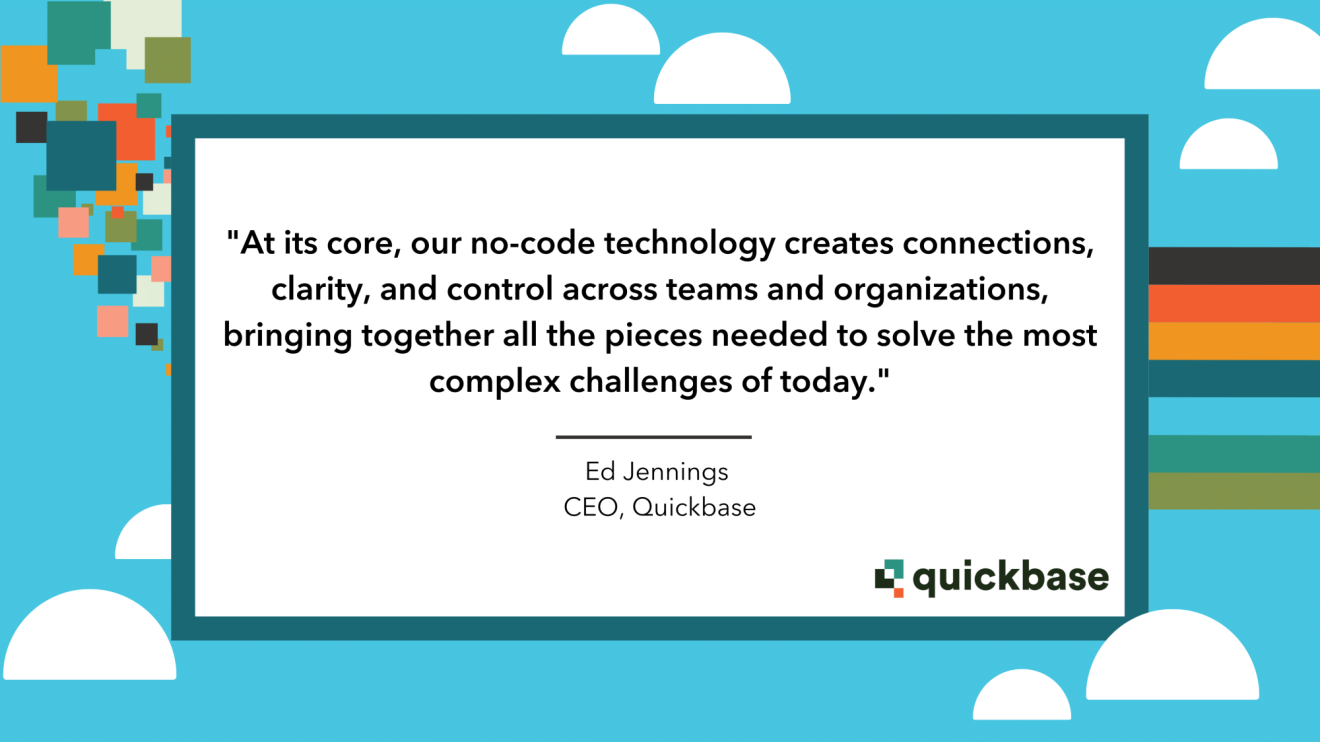
Imagine being in the middle of a construction project when material prices jump 10–20%—triggered by tariffs, supply chain delays, or a volatile market. And, overnight, your budget takes a major hit, and your schedule starts to slip.
It’s a scenario construction teams know all too well. In fact, 98 percent of construction projects face cost overruns or delays.
That’s why construction budgeting isn’t just a box to check—it’s your first line of defense. A smart, well-structured budget does more than set expectations. It helps you stay profitable, manage risks before they escalate, and keep projects moving forward, even when things change.
In this blog, we’ll break down the essentials of construction budgeting, share real-world tips to avoid common pitfalls, and explore how the right tools can help you build smarter from day one.
Understanding The Basics of Construction Budgeting
Before we dive deeper, let’s break down the construction budget and the construction project budget—and the difference between them.
Point to note that budgets in construction come in two forms: build-specific costs and comprehensive project budgets. Here’s the difference:
1. Construction Budget (Build Costs)
This covers the direct expenses of physically constructing the asset, including:
- Materials (lumber, steel, concrete)
- Labor (wages, subcontractor fees)
- Equipment (rentals, tools)
- Systems (HVAC, electrical, plumbing)
- Architectural elements (windows, doors, finishes)
2. Construction Project Budget (Full Lifecycle Costs)
This captures everything involved in executing a project, such as:
- Pre-construction expenses such as permits and site surveys
- Design and engineering fees
- Legal and insurance costs
- Financing charges
- Fixtures and furnishings
- Post-construction expenses like landscaping
In short, construction budgeting is about the cost to build, while a construction project budget covers everything from planning to completion.
Why Construction Project Budgeting is Critical
Nailing your budget isn’t about staying organized—it can make or break your project. Here’s why it matters:
- Financial planning: A budget shows you exactly what you need to spend and when. It helps you figure out if you can make money on the job and keeps you from losing money on hidden costs. When you know what everything costs—from the ground up to the roof—you can price jobs right.
- Risk management: Let’s face it: things don’t always go according to plan. Materials get more expensive, workers are hard to find, or bad weather hits. Having a solid budget helps you deal with these problems before they eat into your profits. It also makes it easier to talk to customers about any changes in cost.
- Project control and decision making: A good budget helps you keep track of your spending and spot problems early. You can see right away if you’re spending too much in one area and fix it before it becomes a big issue. This way, you can make smart choices about where to spend money and keep your project on track.
What Happens When Budgeting Goes Wrong
A construction budget estimates project expenses, including labor, materials, equipment, and overhead costs. But more importantly, it helps to control costs, maintain positive client relationships, and provide clear expectations for everyone involved in the project.
During the project budgeting process, the general contractor works with professional estimators and collects quotes from suppliers and contractors. They finalize the project scope and timeline while determining what skills, technologies, and equipment are needed. Budget planning gives all parties parameters to ensure the project is completed on time and within budget.
Inaccurate construction budgeting can create lasting negative impacts for your construction company, even after a project is complete.
- Cash flow crunch: Cost overruns can drain your resources and delay payments to subcontractors or suppliers.
- Lower profits: Unexpected expenses, even on small projects, can eat into your margins.
- Financing troubles: Lenders may be hesitant to fund future projects if past ones didn’t stay on budget.
- Reputation hit: Projects that run late and over budget hurt your credibility with clients and partners.
That’s why accurate estimates and contingency planning aren’t optional, they’re essential.
Key Components of a Construction Budget
A well-structured construction budget provides a clear financial roadmap for a project. By understanding the components that make up the budget, construction companies can track costs more effectively and make better decisions.
Direct Costs
Direct costs are the expenses related to building the project, such as:
- Materials (steel, concrete, wood)
- Labor costs
- Equipment and machinery rental
- Installation of systems (HVAC, electrical, plumbing)
- Architectural elements (windows, doors, frames)
Indirect Costs
Indirect costs are often harder to track but can have a significant impact on overall project costs. These expenses aren’t related to the physical build but still impact the project, including:
- Permit fees and site surveys
- Insurance and legal fees
- Office and administrative expenses
- Utility connections
- Equipment maintenance
Contingency Funds
Even the most carefully planned projects face unforeseen challenges, which is why setting aside a buffer—usually between 5% to 10% of the total budget—is essential. Without a contingency fund, these surprises can derail the project or lead to financial strain. A contingency fund acts as a financial safety net for unexpected costs like:
- Material price increases
- Subcontractor mistakes or changes
- Design revisions
- Weather delays
- Interest rate changes
- Required upgrades
Types of Budgets in Construction
Depending on the type and size of your company, you may need multiple budgeting approaches:
- Annual Budget: This is your company’s financial roadmap for the year. It includes expected earnings, project costs, payroll, and other business expenses.
- Project Budget: This is created for each individual project. It estimates all the costs needed to complete that specific job, from labor and materials to equipment and overhead.
Understanding both helps you stay financially healthy while juggling multiple projects.
How to Build a Rock-Solid Construction Budget
Putting together a strong construction budget isn’t about listing numbers in a spreadsheet. It takes research, teamwork, and ongoing check-ins. Here’s how to get it right from the start:
Step 1: Start with Project Research
Every good budget starts with solid research. Take time to understand the project goals, scope, and site conditions. Check out zoning laws, permit requirements, and any potential red flags. Talk to stakeholders early on so you can spot challenges before they turn into costly surprises.
Step 2: Define the Project Scope Clearly
The more detailed your project scope, the better your budget will be. Work closely with architects and engineers to outline everything that’s needed—materials, labor, equipment. Then reach out to subcontractors and suppliers to gather accurate estimates and timelines.
Step 3: Collaborate & Document
Bring everyone to the table early—contractors, suppliers, architects. Walk through the budget together, clear up any questions, and make sure all discussions are documented. Getting everyone on the same page now helps avoid confusion and miscommunication later.
Step 4: Track During Construction
Budgeting doesn’t stop once construction starts. Track expenses and progress regularly. If something changes, update the budget right away and make sure everyone involved is sticking to the agreed limits. Maintain a change order log so that any deviations from the budget or schedule are tracked. A closeout checklist at the end helps you tie up loose ends—think materials, payments, and final inspections.
Step 5: Don’t Forget the Follow-Up
Once the project is finished, review the budget and compare actual costs with projections. Learning from any gaps will help improve future projects.
Using Technology to Stay on Budget
Advanced budgeting tools and software have transformed how construction companies manage project finances. These tools help automate processes, improve accuracy, and provide real-time data to support better decision-making.
Digital Solutions for Accurate Budgeting
- Construction Scheduling Tools: Scheduling tools come with templates and automated workflows that make it easy to monitor progress and spot budget issues in real time. They also include dashboard views that keep all stakeholders updated from planning to project closure.
- Construction Estimation and Cost Management Software: These tools integrate contract, payment, and change management into one platform—making it easier to create accurate estimates and track financial health.
How to Avoid Common Budgeting Challenges
Things don’t always go as planned—but that doesn’t mean your budget has to suffer.
TakeDiversakore, a construction-industry supply company that struggled with budgeting due to their reliance on spreadsheets. Their manual process resulted in slow cost tracking and inconsistent estimates. After switching to a modern budgeting tool created by Quickbase, they reduced the time to create project estimates by 50% and significantly improved budgeting accuracy.
Tips to Avoid Budgeting Pitfalls
- Define budgets and schedules early: Create detailed project budgets and schedules early in the process to avoid inaccurate estimates.
- Foster proper client communication: Maintain strong relationships with clients by documenting the scope of work. Transparency throughout the project will help prevent issues later.
- Plan for contingencies: Plan for unexpected events such as scope creep and change orders to improve estimates and minimize cost overruns.
- Learn from past challenges: Analyze projects that faced challenges due to poor budgeting and apply lessons learned.
How Quickbase Can Help You Budget Better
Quickbase’s construction management software makes budgeting simple and more accurate. It helps construction companies by putting all project data in one place, tracking costs automatically, and giving a clearer view of finances. With Quickbase, you can easily build budgeting tools that fit your project needs. It integrates with your existing systems and offers:
- Real-time budget tracking and forecasting
- Customizable templates and automation tools
- Better collaboration with stakeholders
- Detailed reporting and financial oversight
Summary
At the core of every successful construction project is a well-planned budget. However, manually adding data to spreadsheets and analyzing reports is time-consuming and tedious. With the right construction budgeting tool, these tasks become much simpler.
When you have a platform that fits your company’s needs, you’ll be able to create more accurate, efficient budgets and strengthen your reputation in a competitive industry. Bringing together the right tools can start with Quickbase. Try a free trial of Quickbase today!



